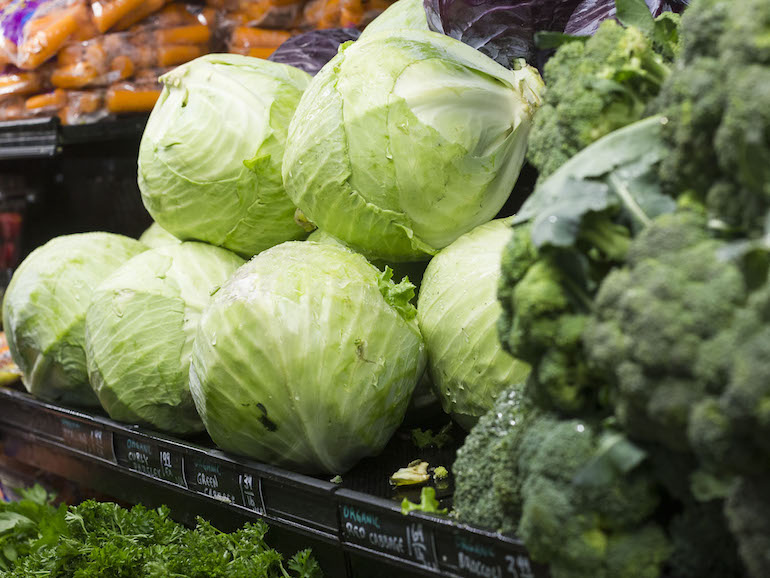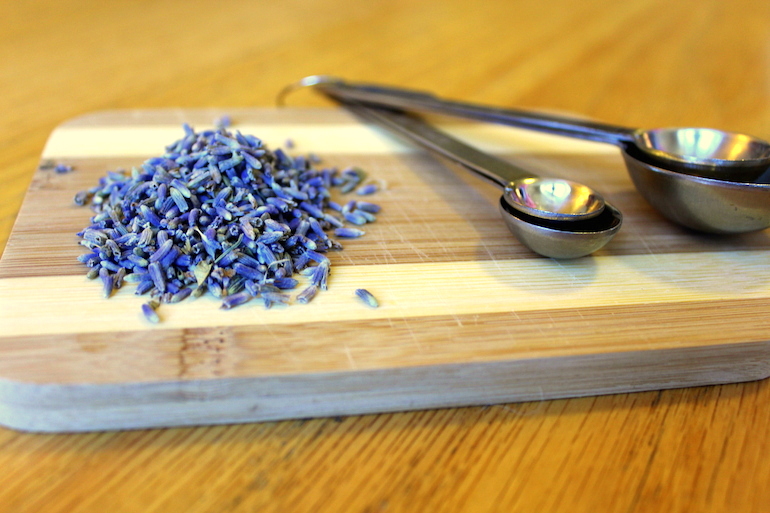We have all “been there, done that” when it comes to skipping meals. There is a whole list of excuses we give ourselves, but at the very top of the list has to be “I just don’t have time.” Sometimes the required class that we have to take falls right in the middle of lunch time, or the only time your group could get together was during the only time you have to eat dinner, or you slept in so you can’t even grab a granola bar to go. We’ve all been there, we get it.
Even us at Spoon, who pride ourselves on loving food, have been there. But the term “hangry” is real, and there’s science behind being hangry. If you’re eating regularly, your mood will improve, but you’re also more likely to be less stressed out. It’s not just how often you eat, either. It’s what you eat that impacts stress. Balancing the good foods and your time is crucial.
Avoid Caffeine and Sugar

Photo by Stephanie Marchuk
That’s right. The things we drink that we think are keeping us going actually make us stressed out. And those sweet treats we get to reward ourselves for our hard work? Same. While the science tends to waffle, some say 4 cups of coffee a day is fine, but you’re still going to deal with triggering anxiety and stress. There is too much of a good thing, I guess.
Sugar can also be hidden in places we least expect it. Soda pop is a huge culprit of hidden sugar and sodium. That’s a double whammy on bad for your physical health and causing stress. A lot of mixed drinks are loaded with sugar as well, so be wary at the bar. If we’re being honest, though, alcohol does not reduce stress at all. If anything, it causes more.
Get Your Veggies

Photo by Natsuko Mazany
Yeah, yeah. We’ve all heard this one our whole lives. But it’s more than just your physical health this will benefit. People who eat more vegetables report having higher life satisfaction, which means not only are they healthier, they’re happier. You can look at it as a cause and effect situation or not, but there is definitely a correspondence. You can search Amazon and find endless books all about eating healthy making you happy, but the truth is that the foods that are good for you are actually good for more than just physical health.
There are so many ways to get your veggies. And simple ways too. Find a salad you enjoy with those leafy greens and top it with even more vegetables. Steam some to go with the main course at dinner, too. We’ve rounded up some of the best vegetables for spring time that are not nearly as bitter as kale, but still just as healthy. Not all vegetables were created equal. Some are bland enough that you don’t have to choke it down (you may even like the taste of some).
Meal Prep

Photo by Natsuko Mazany
This may seem like a fad diet only for those trying to get fit. It’s all over social media: The born-again body builder cooking a million chicken breasts and 4 tons of plain rice to pack away for the week. And yes, meal prepping helps you get your full “my plate” servings, but it also makes sure you get a meal.
Spend all day Sunday cooking instead of doing homework (yay procrastination!) and then if a long day comes, throw a container in your backpack and go. Scope out a microwave to heat it up on campus, too. Dining halls usually have one or two, so even if you don’t have a meal plan, you can still take advantage. Getting a full meal keeps you happy and healthy, meal prepping can give you that.
If something last minute creeps into your schedule, meal prepping can be a savior. Other ways are to carry granola bars or snack packs that have protein in them to provide strength. Not only does this keep you healthy, but it really keeps you focused and happier. We all hate that one grouchy group member… Make sure it’s not you.
Lavender

Photo by Halley Rose Meslin
Bonus tip: This shit works. It may seem a bit old world, but herbs really do the trick. And lavender is the herb to fight stress. The medical benefits for fighting stress are even recognized and documented. The scent of lavender alone is supposed to be beneficial, meaning you can grab it in essential oils or candles or soap, but you can also eat it.
Lavender tea is a wonderful addition to your daily routine, either to sip on before bed (it’s great for helping you get to sleep) or during exam weeks when stress is worse than trying to keep calm while listening to Donald Trump. Lavender is extremely easy to incorporate into day-to-day life. Here is an easy lavender butter recipe to get you started.
Community

Photo by Natsuko Mazany
Try to join organizations who value food, like your local chapter of Spoon University (shameless self-promotion). If you have a group meeting, be it a class project or student organization, scheduled during a meal time, suggest a potluck or meeting at a restaurant. You and your group will not perform at your best if you’re all hangry. And no one wants to waste time when working on a group project.
Ordering out food and eating out regularly can get expensive quick, so never rule out packing some snacks to take with you. Your group-mates will understand if you bust out a granola bar to snack on.

